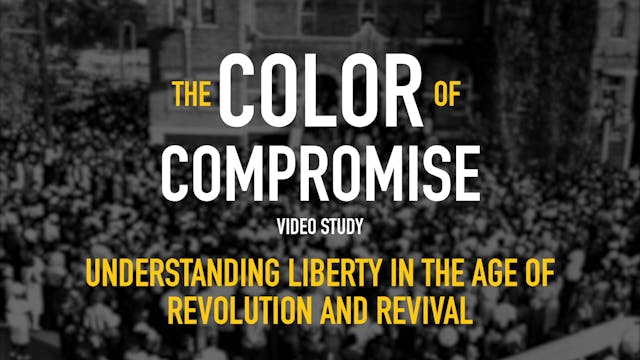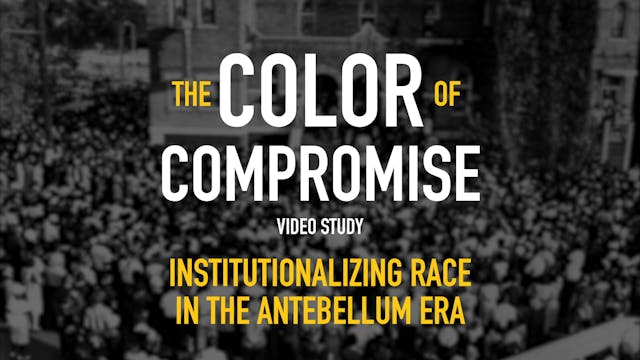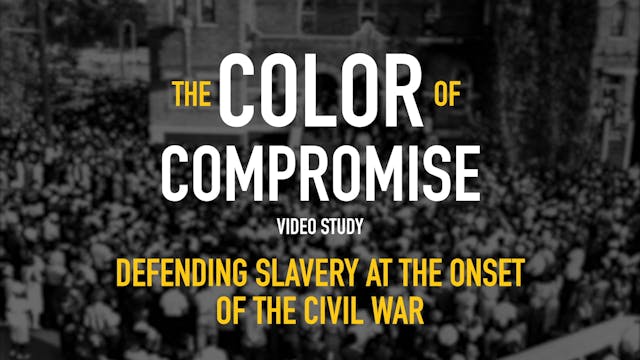The Color of Compromise - Session 2 - Making Race in the Colonial Era
The Color of Compromise
•
23m
Christianity served as a force to help construct racial categories in the colonial period. Instead of highlighting the dignity of all human beings, European missionaries told Africans that Christianity should make them more obedient and loyal to their earthly masters. But if racism can be made, it can be unmade. Christians must turn their efforts toward propagating a more authentically biblical message of human equality, regardless of skin color.
Up Next in The Color of Compromise
-
The Color of Compromise - Session 3 -...
The American church compromised with racism in the eighteenth century by permitting slavery to continue. Clergymen like George Whitefield and Jonathan Edwards typify the contradiction of American Christianity: they attempted to treat the people they enslaved humanely, yet they still acquiesced to...
-
The Color of Compromise - Session 4 -...
The antebellum period was a time of compromise and complicity. During this time, many Christians engaged in evangelism to enslaved and freed blacks. The black church grew, laying the foundation for a distinctive tradition that would stand at the center of the black freedom struggle for the next c...
-
The Color of Compromise - Session 5 -...
During the Civil War, pastors and theologians supported the Confederacy by providing theological ballast and biblical backing for the continuation of slavery. They prayed over the troops, penned treatises on the inferiority of black people, and divided denominations such as the Methodists, the Ba...



